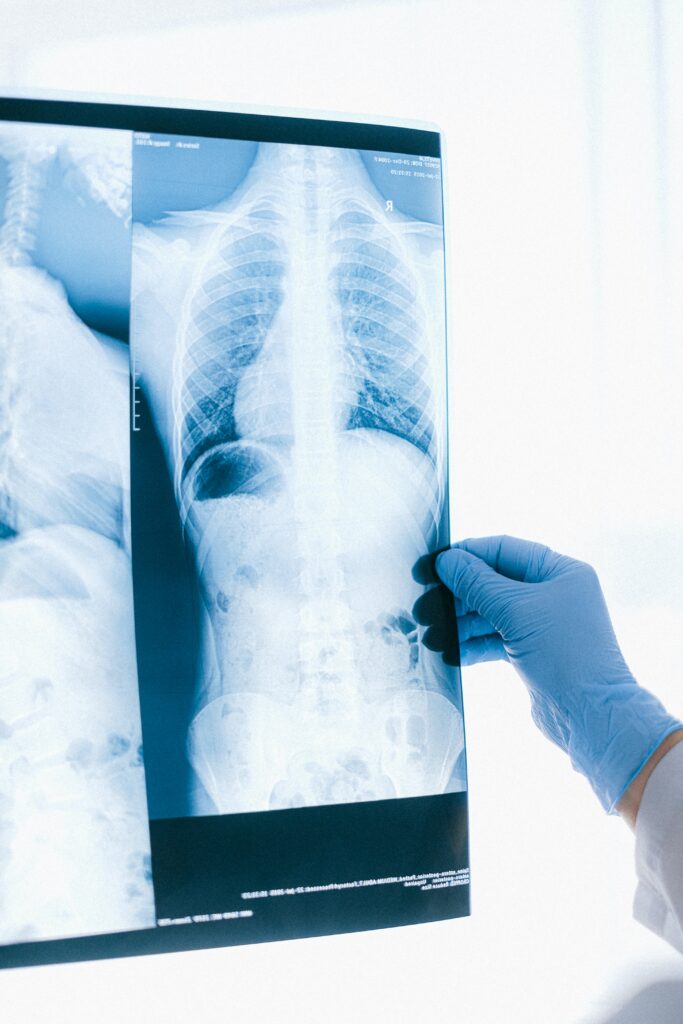
A recent update has been published by NICE (National Institute for Health and Care Excellence). It described the use of artificial intelligence (AI)-derived software in analysing chest X-rays for suspected lung cancer. This has been under scrutiny in primary care referrals. This initiative is part of the NHS’s ambition to diagnose 75% of all cancers at stages 1 or 2 by 2028.
Potential Benefits of AI-Derived Software in Chest X-Ray Analysis
The AI-equipped software can detect lung abnormalities in chest X-ray images automatically. It can assist radiologists and reporting radiographers in interpreting these images. This aids in making clinical decisions about the need for further investigations or CT scans. The software can distinguish between normal and abnormal images. It can also highlight suspected abnormalities. It allows for prioritizing the review of chest X-rays. This could potentially accelerate the referral process to CT scans.
However, the committee noted that trust in AI-derived software for patients and healthcare professionals was crucial for its efficient use. This would require standardisation of technologies and further research in the setting of interest. Prospective studies need to be conducted in a population referred from primary care to reflect how the NHS would use the software in clinical practice.
The committee also highlighted that AI-derived software could be particularly beneficial for certain groups. It could improve lung cancer detection in people with underlying lung conditions. These include asthma, chronic obstructive pulmonary disease (COPD), people with a family background of lung cancer, and younger women who do not smoke.
Potential Risks and Challenges in the Use of AI-Derived Software
However, the committee also pointed out potential risks associated with using AI-derived software. These include the cost of the AI-derived software. This may not be offset by cost and resource savings later in the pathway. Lower specificity to detect cancerous nodules and other abnormalities that suggest cancer could result in more people without cancer having CT scans. This could have cost and disutility implications.
In conclusion, while AI-derived software shows promise in aiding the early detection of lung cancer, more research and standardisation are needed to ensure its efficient and effective use in clinical practice. You should also carefully consider the potential benefits and risks associated with its use.
